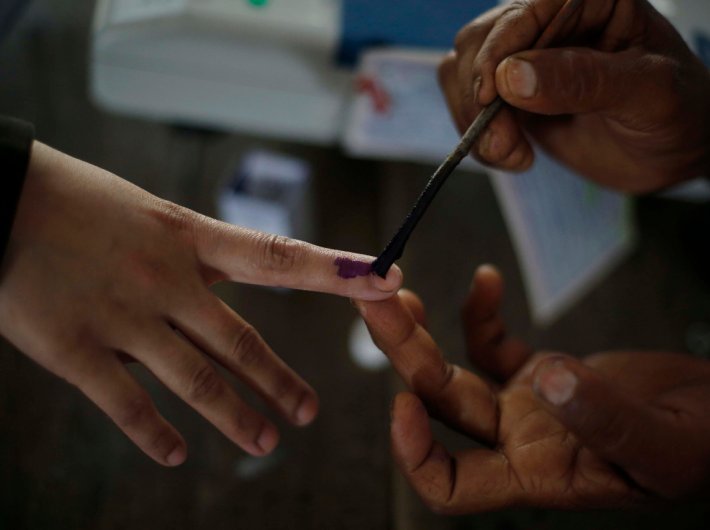Verdict 2022: There is no art of winning; it is now a science of electoral optimization
A few days to go, when results of elections to five state assemblies will be announced on March 10th. At stake are 689 assembly seats, in Uttar Pradesh, Uttarakhand, Punjab, Goa and Manipur. BJP has the most at stake, in retaining 405 seats it won in last 2017 elections, while Congress won 140 seats last time. AAP which won 20 seats in Punjab faces a moment of reckoning: can it taste power beyond Delhi, and present itself as an alternative political force nationally? For SP, which won 47 seats in last assembly elections, or BSP that won 19 seats, a significantly enhanced performance will boost SP/BSP as giant satrap of the largest state. If Akali Dal can hold on or improve its 15-seat tally last time, it can try to convert its appeal into fortifying the regional party. If NCP and Trinamool can get to double digit marks in terms of seats won in these five states, that will fuel their ambitions for bigger role play in national politics.
However, the focus of this article is an empirical study on electoral victory and voting behaviour in the last, 2017 elections. Interestingly, it throws up some fascinating takeaways. The empirical data given below demonstrates how in a multi-party system, the electoral verdict may not necessarily be aligned to a popular mandate in exact measure and proportionality. This is because, we have adopted the first-past-the-post system in our democracy, and the winner takes it all. There are other alternatives like proportional representation. However, here we will be presenting anecdotal evidence on areas of disconnect between voting behaviour and electoral results.
First, let us look at the UP elections of 2017. The BJP won a whopping 312 seats, out of 403 total seats, thus gaining 77% of seats. However, in terms of popular votes it won only 40% of votes, while the three main opposition parties – BSP, SP and Congress – combined polled more than 50% popular votes. However, their seat tally was 73, i.e., 18% of seats. To rephrase it, the parties who won more than 50% of popular votes sat in opposition, while BJP with less popular vote share than the three main opposition parties combined, got the mandate to rule the state with more than three-fourth majority. In 2022, all the four major parties are contesting separately.
Similar is the case In Punjab too. Congress formed government in 2017, winning 77 of 117 seats, i.e., 66% seats, while polling only 39% popular votes. Here the main opposition parties, Akali Dal, AAP and BJP polled 54% popular votes, but could manage only 38 seats. These three parties polled 15%, more popular votes; yet in terms of seats won, they were less than 50% of seats won by Congress.
In Uttarakhand, there was mostly a bipolar contest between BJP and Congress, with BSP as a third force. BJP won 56 of total 69 seats, i.e., 81% seats, while popular votes polled in its favour was 47%. Congress with 33% popular vote could win only 11 seats (15% of seats). BSP which won 7% popular vote could not win a single seat.
In Goa, Congress won only 30% popular votes, but managed to win 17 seats as largest single party, while BJP with greater vote share of 32% won a lesser number of seat, 13, in a 40-member assembly. AAP with 6% popular votes drew blank in terms of the number of seats, while NCP with 2% popular votes could manage to win a seat.
In Manipur. BJP won 36,28% popular votes, and won 21 seats, while Congress with less popular votes of 35.11% managed 28 seats in a 60-member assembly. Trinamool Congress interestingly polled 1.41% votes and managed to wrest a seat.
So, while various factors like party, ideology, candidate, issues, campaigning etc are at play during elections, the results are considerably influenced by several other dynamics which lead to heterogeneity in the outcome. The key to success lies in a successful electoral strategy and voting aggregation. There is no art of winning; it is now a science of electoral optimization. Jo jeeta wohi Sikandar – he who wins is the king.
Mishra, a policy analyst and columnist, is a topper in Political Science, from Sambalpur University, Odisha.
